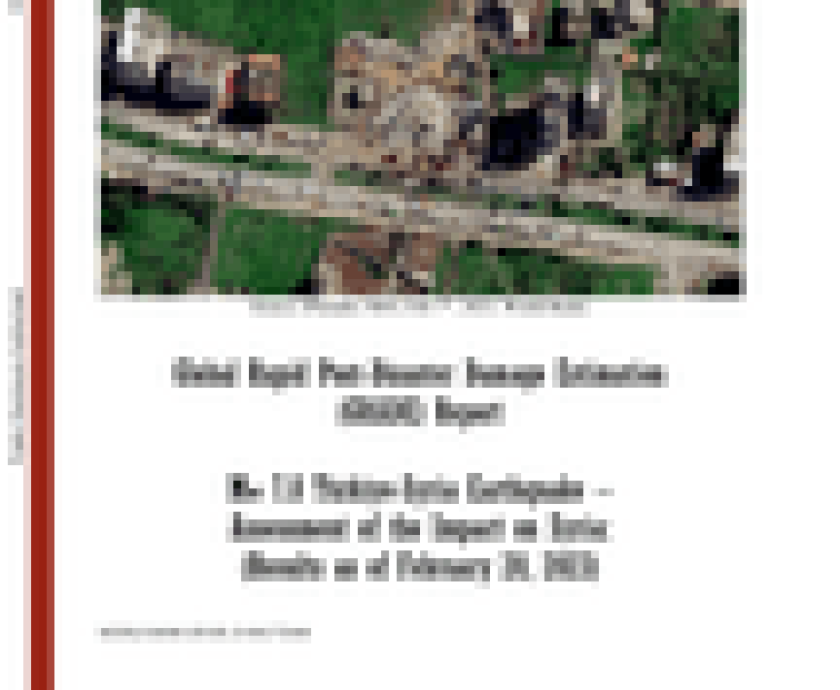Click to expand Image
Tokyo 2020 Organizing Committee President Seiko Hashimoto, left, speaks to media after a video conference with the IOC executive board in Tokyo, Japan, February 24, 2021.
© 2021 Takashi Aoyama/Pool Photo via AP
(Tokyo) – The Tokyo Organizing Committee of the Olympic and Paralympic Games (TOCOG) should support LGBT nondiscrimination legislation to protect everyone in Japan from discrimination based on sexual orientation or gender identity, seven members of TOCOG’s Human Rights, Labor, and Participation Committee said.
In a February 26, 2021 letter to TOCOG’s new president, Seiko Hashimoto, the committee members urged TOCOG, as well as the Japanese Olympic Committee and Japanese Paralympic Committee, to promote passage of an anti-discrimination law during the current National Diet session ahead of the Tokyo Olympic and Paralympic Games scheduled for this summer.
February 26, 2021 Letter to the Tokyo Organizing Committee of the Olympic and Paralympic Games (TOCOG), the Japanese Olympic Committee, and the Japanese Paralympic Committee from the TOCOG Human Rights, Labour, and Participation Committee members
February 26, 2021 Letter to the Tokyo Organizing Committee of the Olympic and Paralympic Games (TOCOG), the Japanese Olympic Committee, and the Japanese Paralympic Committee from the TOCOG Human Rights, Labour, and Participation Committee members
“Japan’s national government should enact an anti-discrimination law in keeping with the Olympic Charter’s ban on ‘discrimination of any kind,’ including sexual orientation and gender identity,” said Kanae Doi, Japan director at Human Rights Watch and a member of the TOCOG Human Rights, Labor, and Participation Committee. “TOCOG’s sustainability and human rights experts urge TOCOG’s new president to support passage of an LGBT Equality Law before the Tokyo Games to bring Japanese law in line with international standards.”
Tokyo was slated to host the 2020 Summer Olympics, but the International Olympic Committee (IOC) and the Japanese government postponed the games for a year due to the Covid-19 pandemic. The Tokyo 2020 Summer Games are advertised as celebrating “unity in diversity” and “passing on a legacy for the future.” Japan should enact a national anti-discrimination law to protect lesbian, gay, bisexual, and transgender (LGBT) people in accordance with international human rights standards. Human Rights Watch, along with 115 human rights and LGBT organizations, also sent a letter to Prime Minister Yoshihide Suga on January 25 in support of such legislation.
Hashimoto was elected TOCOG’s president on February 18, after the previous president, former prime minister Yoshiro Mori, resigned over his discriminatory comments against women earlier in the month. On February 24, Hashimoto announced a new gender equality team at the TOCOG, and stated that “Gender equality and women’s empowerment is going to be something that will be promoted.”
A 2020 study by the Organisation for Economic Co-operation and Development (OECD) ranks Japan next to last for laws on LGBT Inclusiveness for developed countries. It says that: “LGBTI-inclusive laws are particularly critical for creating a culture of equal treatment of LGBTI individuals. One cannot expect to improve the situation of sexual and gender minorities if, to begin with, the law does not protect them against abuses or excludes them from social institutions.”
Although the Tokyo Metropolitan Government adopted an ordinance that protects LGBT people from discrimination in line with the Olympic Charter in October 2018, many Tokyo Olympic competitions, including the marathon, race walk, golf, fencing, and surfing, will take place outside of Tokyo, in Hokkaido, Saitama, Chiba, Shizuoka, Kanagawa, Miyagi, Fukushima, and Ibaraki prefectures. Foreign and Japanese LGBT athletes, officials, workers, and fans will expect to be protected from discrimination.
In his October 2020 message for the opening of Pride House, a facility to build awareness and support for LGBT rights, Thomas Bach, president of the International Olympic Committee, said that he hoped the facility “will be successful and become a legacy of the Tokyo Games.”
“The Tokyo Summer Olympic and Paralympic Games represent an unrivaled opportunity for Japan to bring its laws into compliance with international nondiscrimination standards,” Doi said. “The TOCOG, Japanese Olympic Committee, and Japanese Paralympic Committee should act together to support Japan’s government to meet the expectations of the International Olympic Committee and thousands of visiting athletes and fans by passing an LGBT equality law.”



